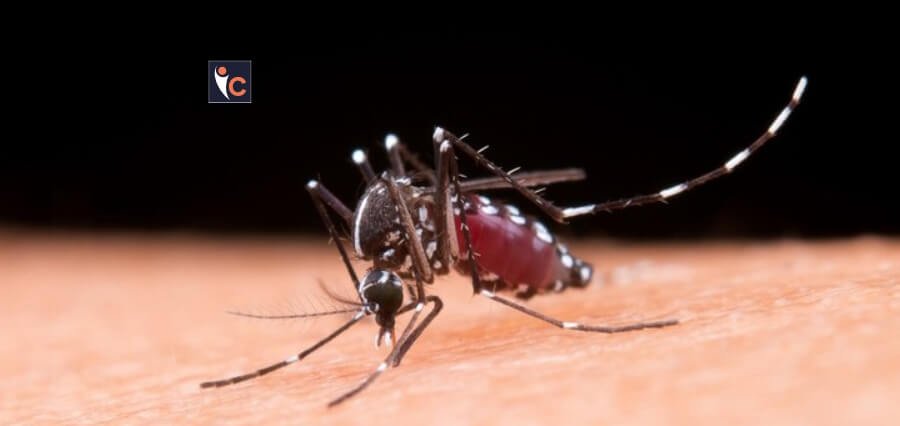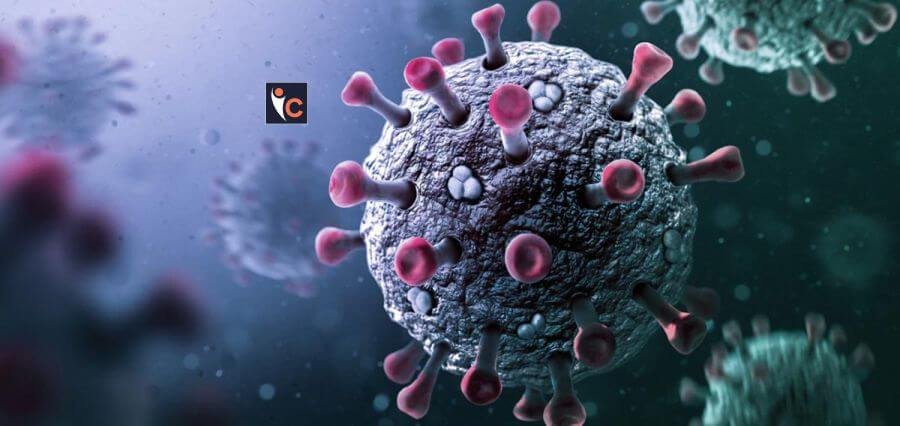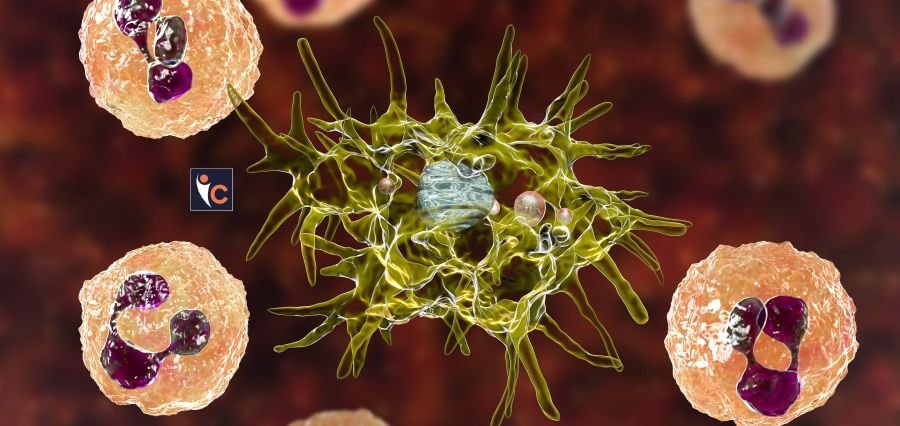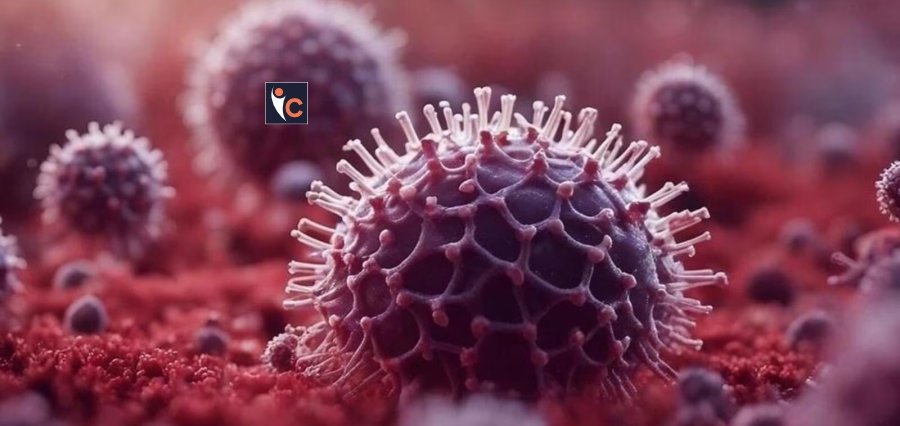Following the announcement of Pune’s first Zika case, the health department moved to implement preventive measures in the impacted area.
The 64-year-old patient, who lives in Pratik Nagar, Yerawada, tested positive for the Zika virus, which is the first case of the illness in the city this year.
The woman might have come into contact with an infected person at a cultural program she recently attended in Pimpri Chinchwad. She had fever and body aches after the incident, which prompted her to be admitted to a private hospital in Pune. The Zika virus was confirmed to be present by additional testing.
Health officials are looking into the possibility that the woman got the virus from one of the attendees, as people from Kerala also attended the same cultural program. Dr. Pratap Singh Sarnikar, Joint Director of the Health Department, visited the patient in Pratik Nagar, Yerawada, in response to the verified case, stressing the value of receiving quality medical attention.
Employees of Pune Municipal Corporation have been given orders to carry out appropriate preventive measures in areas where Zika patients have been identified. The National Institute of Virology has received samples from the affected patient’s family members for testing as a precaution. The health department is keeping a close eye on the situation and taking action to stop the Zika virus from spreading throughout the area.
The Zika virus is a mosquito-borne virus that was discovered in 1947 in Uganda in a Rhesus macaque monkey. In the 1950s, evidence of infection and illness in humans was found in other African nations. Human infections were found sporadically in Asia and Africa between the 1960s and 1980s. On the other hand, Zika virus outbreaks have been documented in Africa, the Americas, Asia, and the Pacific since 2007.
The majority of Zika virus infections result in no symptoms at all. If they do, they usually appear 3–14 days after the infection, last 2–7 days, and are generally mild with symptoms like rash, fever, conjunctivitis, muscle and joint pain, malaise, and headache.
Since these symptoms are shared by both arboviral and non-arboviral illnesses, laboratory confirmation is necessary for the diagnosis of Zika virus infection.





